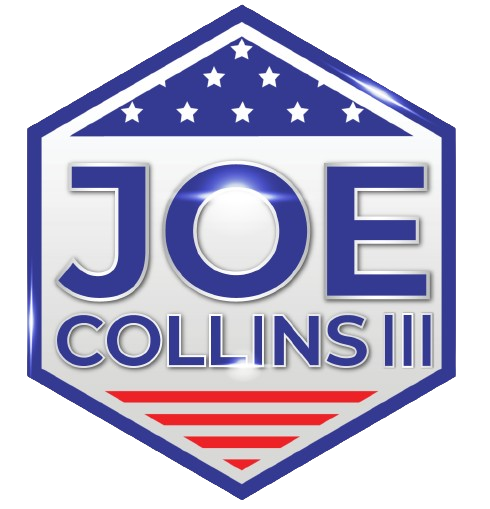Price of Freedom in Modern Society
The idea of freedom has been integral to the American narrative since the nation’s founding. Yet, in today’s politically charged and rapidly changing landscape, some Americans are questioning the extent to which freedom still exists. Is America still the land of the free, or are we seeing a contraction of liberties under the guise of progress, safety, or other societal objectives? What is the real price of freedom? This article aims to explore these questions, drawing upon contemporary debates about free speech, the right to challenge elections, and the sources we trust.
The Concept of Freedom
Freedom is not a monolithic concept; it can be broken down into many categories, including political, economic, and social freedom. However, at its core, freedom entails the ability to think, speak, and act without undue coercion. The U.S. Constitution enshrines these liberties, yet the implementation of these laws is continually up for debate.
The Price of Freedom
Freedom is not without its costs. In some instances, maintaining freedom involves trade-offs, such as balancing the right to privacy with national security needs. Thus, the real price of freedom is eternal vigilance: to be aware of the various threats that may erode it and to be prepared to fight to maintain it.
Freedom of Thought and Conformity
While the American system guarantees freedom of thought and expression, there is increasing concern that social pressures are causing people to self-censor or conform to prevailing viewpoints. One has to wonder: are we only free to think the way everyone else thinks, or are we slowly being coerced into thinking the way we’re told to think? Social media, employer policies, and even community attitudes can exert a chilling effect on free thought and expression.
Challenging Elections: A Criminal Act?
Recent years have seen a heightened scrutiny of the electoral process in the United States. While oversight and integrity are crucial, some argue that the act of challenging an election is increasingly seen as a criminal or unpatriotic act. This raises concerns: if the bedrock of democracy, the right to vote, is shielded from questioning, does that not also limit freedom?
Trust and Information: Whom Do We Believe?
In a world saturated with information, discerning fact from fiction becomes increasingly complicated. The question arises: why do we have to trust what people tell us instead of trusting what we have seen or experienced? The tension between expert opinion and personal experience can create a vortex of confusion, often leading to a form of paralysis in the democratic process.
Conclusion
While America has a robust framework for the protection of freedoms, the execution and interpretation of these liberties are in a state of flux. Whether it’s the issue of conforming to societal norms, the skepticism around challenging electoral results, or the struggle with whom to trust, Americans are grappling with what freedom means today.
Therefore, the real price of freedom may not only be vigilance but also active participation in the civic process. It requires the courage to question, to debate, and to challenge the status quo. Only then can Americans ensure that freedom, in all its complexities, remains a living, breathing part of the national ethos.







